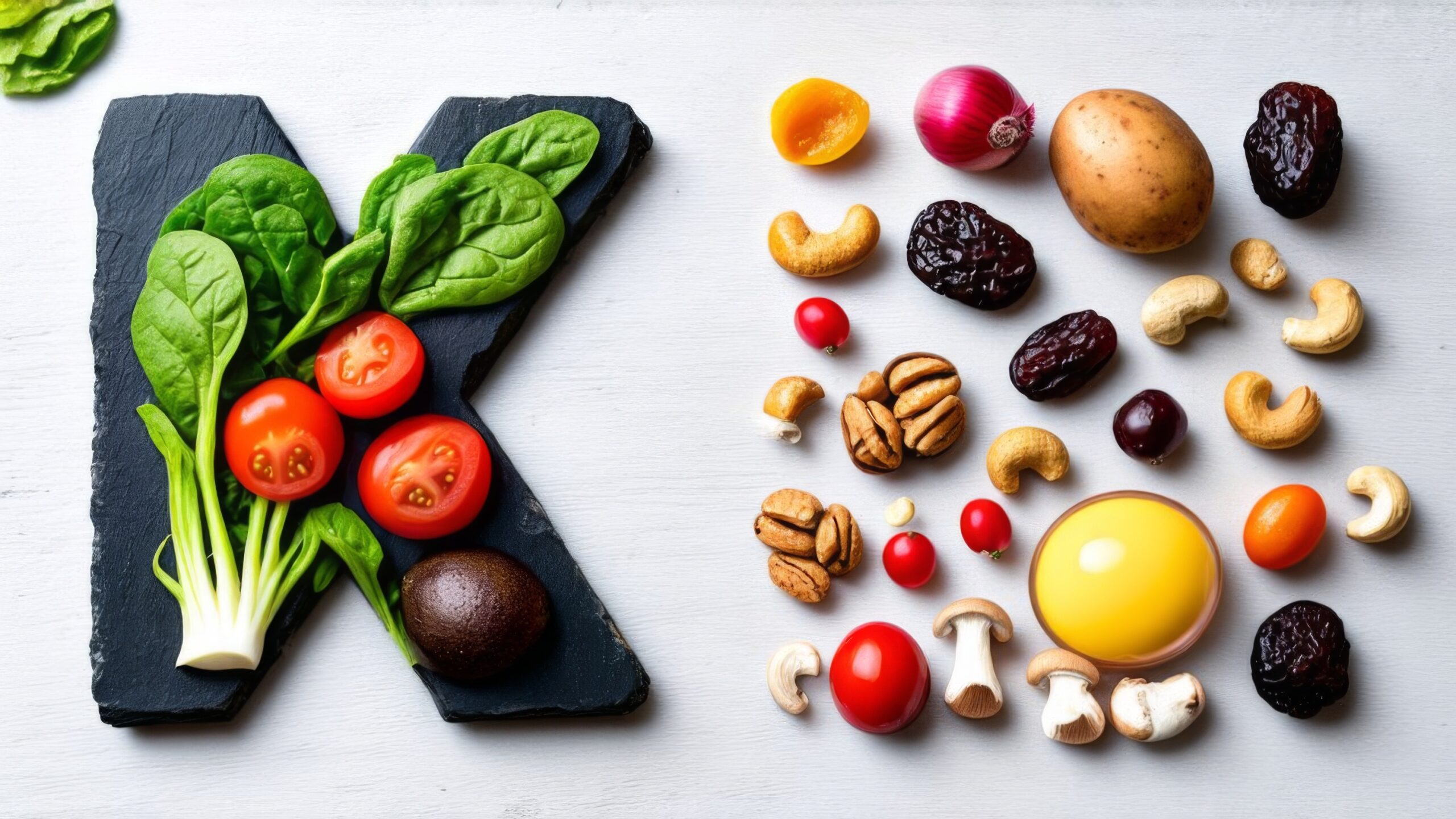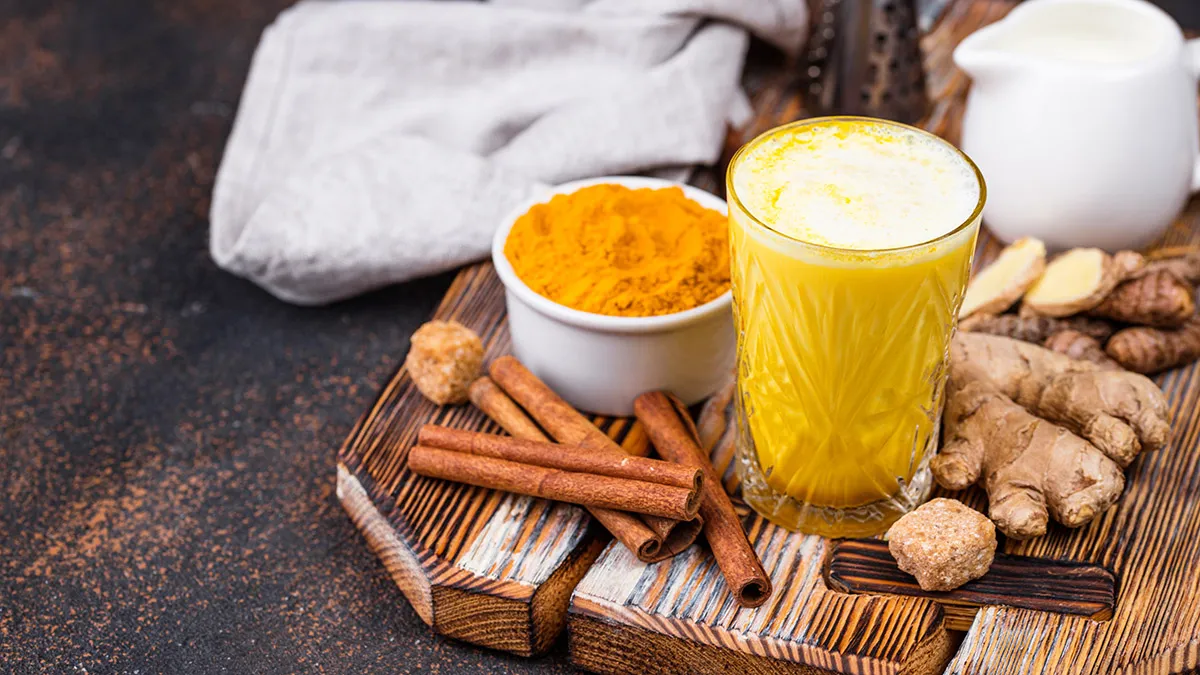The Power of Potassium:
Potassium is an essential mineral that naturally occurs in various foods and also combines with sodium and magnesium to form crucial electrolytes. Typically, this is overshadowed by minerals like magnesium and sodium or simply just associated with bananas. But, potassium is vital for maintaining fluid balance and the proper functioning of cells, nerves, muscles… and more!
What is Potassium?
Potassium is a vital electrolyte, which means it carries a small electrical charge that is critical for many bodily functions. Like sodium and magnesium, potassium helps maintain fluid balance across your body’s cells and tissues. This balance is essential for regulating blood pressure, maintaining hydration levels, and ensuring that cells function properly.
The Importance of Potassium as an Electrolyte
Contrary to popular belief, high sodium levels do not always cause water retention… Often, it is a deficiency in potassium that leads to this issue! (check out my blog on Sodium here!) When paired with sodium, potassium helps regulate the body’s fluid balance. This regulation is crucial for maintaining blood pressure, supporting hydration, and ensuring proper cellular function. When potassium levels are off, it can lead to some health issues, including heart problems and muscle weakness.
Common Deficiency in Potassium
Like magnesium, many adults do not get enough potassium. This is usually due to the heavy reliance on processed foods and the depletion of minerals in the soil used to grow our food. This imbalance can elevate blood pressure and increase the risk of cardiovascular diseases. The balance between potassium and sodium is crucial for managing fluid retention. Proper balance helps prevent excess fluid retention, reducing bloating and protecting against hypertension.
The Benefits of Potassium
Potassium offers numerous health benefits. It regulates fluid balance, controls the electrical activity of the heart and other muscles, and is essential for:
- Maintaining normal blood pressure by counteracting the effects of sodium.
- Supporting healthy nerve function.
- Enhancing muscle control and growth.
- Reducing the risk of kidney stones by facilitating waste processing and enhancing kidney function.
- Maintaining fluid balance.
Top 10 Sources of Potassium
While potassium supplements and electrolyte powders are available, the best way to increase your intake is through diet. Here are ten rich dietary sources of potassium:
- Bananas: I think we all knew this one!
- Potatoes: Both white and sweet varieties.
- Leafy Greens: Such as spinach, Swiss chard, and kale.
- Beans: Including white, lima, and kidney beans.
- Avocados
- Oranges: Provides a good dose of potassium along with vitamin C.
- Tomatoes: Especially concentrated in the form of tomato paste or juice.
- Yogurt: aim for a Greek yogurt low in sugar
- Fish: Such as salmon and halibut.
- Nuts and Seeds: Almonds and sunflower seeds, etc.
Supplements to Consider
For those needing another boost, electrolyte supplements containing potassium can be beneficial. Some recommended supplements include: (link your Amazon)
- Ultima: Offers 250mg of potassium per scoop.
- Pickleball Cocktail from Jigsaw: You can find this on Amazon, providing 800mg of potassium.
- Relyte: Contains 400mg of potassium.
Potassium is such a powerhouse mineral crucial for many bodily functions but often neglected in our diets! Balancing potassium with other electrolytes like sodium is essential for fluid regulation and overall health. Curious about minerals, electrolytes, and more? Check out our next round of LEAN and take a step towards a healthier you!





